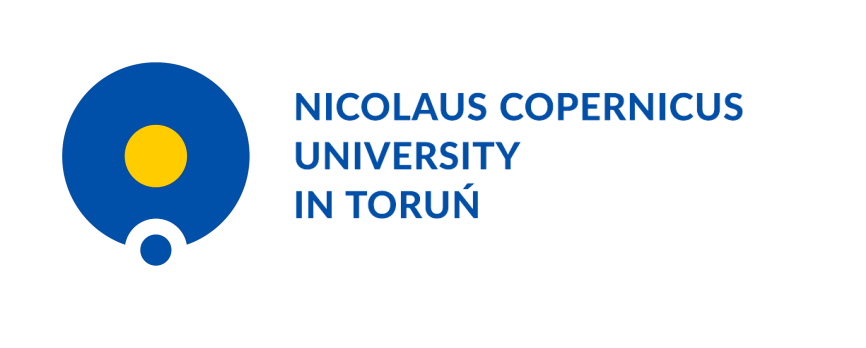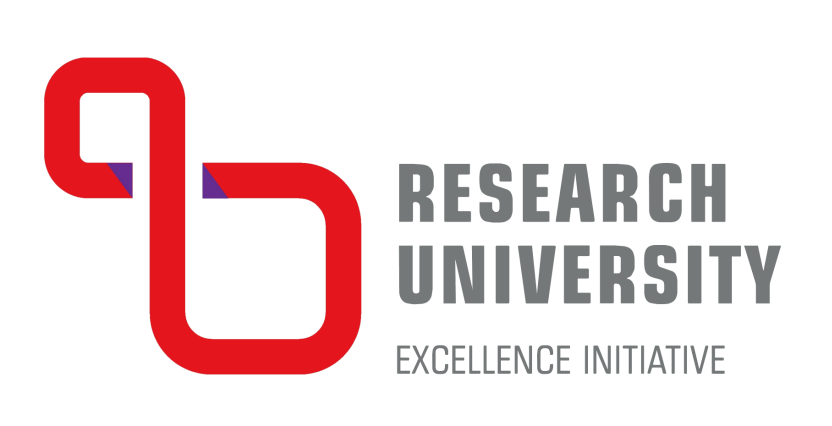Old and New Institutions – Challenges and Changes in an Interdisciplinary Perspective
Old and new institutions – challenges and changes from an interdisciplinary perspective. Team leader: dr hab. Arkadiusz Karwacki, prof. UMK
The emerging field “Old and new institutions – challenges and changes in an interdisciplinary perspective” is composed of 19 researchers representing three faculties of our university: Faculty of Philosophy and Social Sciences, Faculty of Economic Sciences and Management, and Faculty of Law and Administration. The subject of research undertaken by the team involves institutions, i.e. permanent, value-based, repetitive patterns of behaviour that are formed by both formal organisations and cultural patterns (“rules of the game”). Institutions have always been one of the central subjects of analysis conducted by social researchers. In the last two decades, research on institutions has become particularly important for at least two reasons. Firstly, institutions that can be described as old or traditional, such as families or universities, have been changing, often quite radically. Secondly, new institutions, such as media or financial institutions, are constantly being created. The latter form part of informal institutions. Describing and explaining the changes taking place is a complex task that raises several questions. These questions are the research framework of the team:
- To what extent are the changes in the institution spontaneous and to what extent are they controllable?
- To what extent are these processes global and to what extent are they local?
- Is it possible to effectively design and model institutions and what are the prerequisites for these processes?
- What expresses the rationality of the institution?
- What are the consequences of changes in the functioning of institutions for communities and individuals?
- Do changes in the institutional order generate social inequalities and what is their expression?
The answers to these and other questions are significant not only from a cognitive but also from a practical point of view. The knowledge of social institutions is crucial to create public policies.
The team recognizes the potential of combining the competencies and perspectives of the NCU social researchers from various disciplines who are engaged in a broadly defined analysis of institutions and their transformation.
The answer to the question about (a) the shape of new social institutions, (b) the logic of transformations they undergo and (c) consequences of these transformations will be carried out by exploring areas in which team members have expert competence. Within the established team, research will continue within the scope of specialization of individual scientists and their teams. The aim of the team is, therefore, to strengthen, stabilize, and focus the collaboration between teams that have so far operated in separation. The beginnings of such collaboration are already taking place, for example, between representatives of financial and management sciences and sociologists in the field of research into the institutionalisation of non-cash trade or the determinants of innovation potential in non-profit organisations. However, in many other cases, such collaboration is yet to be established.
The team consists only of individuals who actively conduct research. It was designed in such a way that there are researchers who have been publishing internationally for a long time as well as those who conduct empirical research, have interesting results, but have not managed to break through with them into the European and world circulation of science. The logic of its functioning assumes a common quest for scientific excellence based on the intellectual ferment and collegial support to help all its members become better researchers.
The ultimate aim is to initiate joint research that is compatible and enables mutual use of research results in publications. The team will undoubtedly undertake joint, interdisciplinary work on topics such as 1. financial exclusion and challenges of inclusive banking; 2. challenges of current social policy (family, labour market) in the context of quality of life of the middle class; 3. prerequisites for innovation of different types of organisations; 5. higher education – challenges and changes; 5. new financial instruments.
Dr hab. Arkadiusz Karwacki, prof. UMK – Olecko-basedsociologist, Head of the Department of Quality of Life Research and Applied Sociology at the Institute of Sociology, Nicolaus Copernicus University. He specializes in studies on the quality of life, social problems (experience of poverty, unemployment, exclusion and inequality) and contemporary social policies (especially reintegration and activation policies). The author or editor of 25 monographs and over 80 scientific articles. The principal investigator of 4 research projects and expert in 14 other projects. He is passionately involved in research and application undertakings that have the potential to influence institutional changes and improve the quality of life of various groups. Between 2007-2008 and 2011-2013, Vice-Director of the Institute of Sociology, Nicolaus Copernicus University for Didactics, Chair of the University Council for the Quality of Education since 2014, member of the Senate elected for the third consecutive term. He is involved in the works on the quality strategy in the YUFE initiative.
Between 2016-2018, he was a member and between 2018-2020 Chair of the Council of the Public Opinion Research Centre (CBOS). He is a member of International Sociological Association (Research Committee: Poverty, Social Welfare and Social Policy), European Sociological Association, Section of Social Work of the Polish Sociological Association, the Academy of Management (Divisions: Public&Nonprofit, Social Issues in Management) and the Polish Society for Social Policy (a member of the Main Board for the 2008-2012 term; a member of the Main Board and Vice-President of the Polish Sociological Association for the term of 2016-2020). A member of the reviewing team of the journals: ” Polityka Społeczna”, “Sociology of Health and Illness”, “Problemy Polityki Społecznej. Studia i Dyskusje”, “Trzeci Sektor” and “Nauki Społeczne. Social Science”. He is a member of the Scientific Council of the C. Norwid Elbląg Library in Elbląg (since 2016). In the past, an expert for the Institute of Public Affairs. A member of the expert team of the National Development Council and the Chancellery of the President of the Republic of Poland for the development and implementation of the Act on the provision of social services by the social services centre. A member of the “Council of 17” as part of the “17 Goals Campaign” (expert works to set out directions of business involvement in Poland as part of the implementation of the Agenda for Sustainable Development 2030). A member of the Committee on Sociology of the Polish Academy of Sciences for the term 2020-2023. A member of the Sensa Sustainable Thinking expert team.


 ul. Gagarina 7, 87-100 Toruń
ul. Gagarina 7, 87-100 Toruń